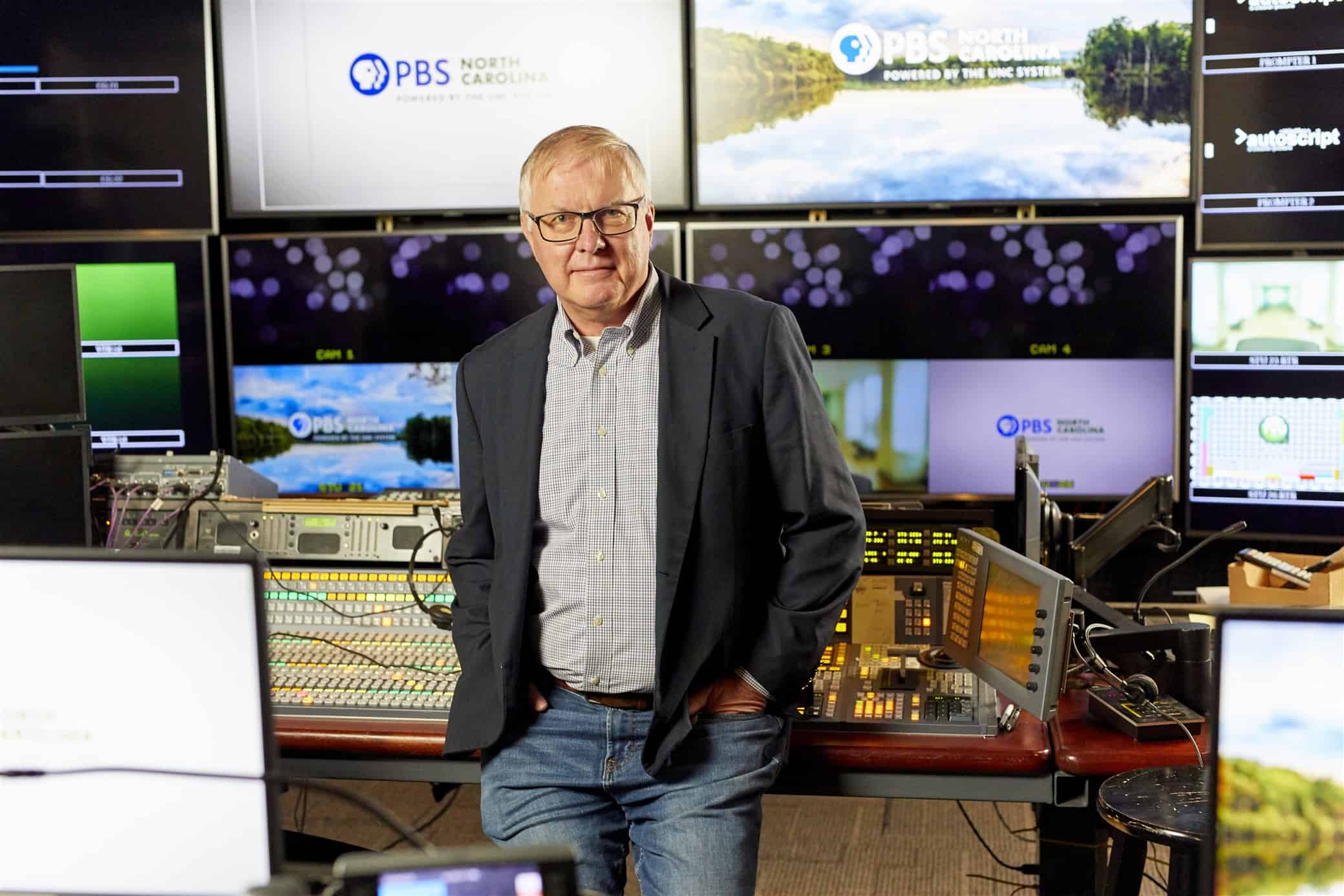- About
- Members
- Sponsors
- Subcommittees
- About Our Subcommittees
- Technology Group 3
- Implementation Team 1 – Advanced Emergency Information
- Implementation Team 2 – India
- Implementation Team 3 – ATSC 3.0 Conformance
- Implementation Team 4 – Brazil
- Implementation Team 5 – Tower Network
- Implementation Team 7 – Caribbean
- Implementation Team 8 – Automotive
- Planning Team 4 – Future Broadcast Ecosystem Technologies
- Planning Team 5 – Automotive Applications
- Planning Team 6 – Global Recognition of ATSC 3.0
- Planning Team 9 – Sustainability
- Technical Documents
- News
- Events
- Spotlight ATSC 3.0
- Contact Us
- Member Login
- Member Meetings
- Advanced Search
Search Site
Member Links
- About
- Members
- Sponsors
- Subcommittees
- About Our Subcommittees
- Technology Group 3
- Implementation Team 1 – Advanced Emergency Information
- Implementation Team 2 – India
- Implementation Team 3 – ATSC 3.0 Conformance
- Implementation Team 4 – Brazil
- Implementation Team 5 – Tower Network
- Implementation Team 7 – Caribbean
- Implementation Team 8 – Automotive
- Planning Team 4 – Future Broadcast Ecosystem Technologies
- Planning Team 5 – Automotive Applications
- Planning Team 6 – Global Recognition of ATSC 3.0
- Planning Team 9 – Sustainability
- Technical Documents
- News
- Events
- Spotlight ATSC 3.0
- Contact Us
- Member Login
- Member Meetings
- Advanced Search
SOMEONE YOU SHOULD KNOW: FRED ENGEL
Posted on December 13, 2021 in ATSC News
 Fred Engel is Chief Technology Officer of PBS North Carolina (formerly UNC-TV). He was just elected to his first term on the ATSC Board of Directors. Engel’s interest in ATSC 3.0 started when the call for proposals was made in 2013. He says he was excited to see the focus on an IP based system that utilized a much more robust modulation standard that would address reception issues and, with the improved encoding technology, include the potential to do enhanced datacasting efforts that could serve the public. As a member of the ATSC Board of Directors, Engel says his focus will be in multiple areas.
Fred Engel is Chief Technology Officer of PBS North Carolina (formerly UNC-TV). He was just elected to his first term on the ATSC Board of Directors. Engel’s interest in ATSC 3.0 started when the call for proposals was made in 2013. He says he was excited to see the focus on an IP based system that utilized a much more robust modulation standard that would address reception issues and, with the improved encoding technology, include the potential to do enhanced datacasting efforts that could serve the public. As a member of the ATSC Board of Directors, Engel says his focus will be in multiple areas.
“As a Public Broadcaster I’m interested in making sure we are at the table in market transition discussions. And I look forward to continued development of datacasting efforts that serve the public and interactive program development that will enhance the viewer experience,” Engel said. Engel has been participating in ATSC Implementation Team for Advanced Emergency Information and he’s heavily involved in AWARN, NVISA and other groups to improve the experience for alerting viewers during times of emergencies. In addition, Engel and his colleagues are participating in the ATSC Tower Network Implementation Team and are looking forward to innovative ways to develop Single Frequency Networks more efficiently to better serve viewers.
“One area we are rapidly developing is remote learning efforts that will connect teachers to students using software systems customized for delivery over ATSC 3.0. We will be testing this at our WUNK-TV, Greenville NC ATSC 3.0 transmission facility soon.”
“The native IP nature of ATSC 3.0 makes it much more attractive for the development of applications to improve the viewer experience, and also opens the door for datacasting applications. The potential for interface to 5G communication systems is real; we just need partners to explore this. We have only started this journey.”
“We won the NAB Pilot Innovation Challenge competition in 2017 for our efforts with ATSC 3.0 and digital paging for first responders,” Engel says. “This effort was funded by a US Department of Homeland Security Small Innovation Research Grant awarded to a North Carolina Engineering firm to bring this effort to fruition.”
Engel was born and raised in a very small town in rural Michigan. He and his wife have five grown children and four grandchildren, who are all over the US and overseas. Away from work Engel likes to build things at his home (although he says he would probably be better off hiring someone to do the work). Engel enjoys golf and says he still has not figured out that game. Engel and his wife love to travel to see their kids and grandkids. Engel received a Bachelor of Science degree in Broadcast Electronics Technology at Ferris State University in Big Rapids, Michigan.
Posted in ATSC News
News Categories
News Archives
Subscribe
Subscribe to The Standard, our monthly newsletter. Learn More
Join ATSC
ATSC is a membership organization with both voting and observer categories. Voting members include corporations, nonprofit organizations, and government entities, and they participate actively in the work of ATSC. Observers are individuals or entities not eligible to be a voting member.
Subscribe to our Newsletter
Subscribe to The Standard, our monthly newsletter, to stay up-to-date with ATSC news and events around the world.
Site Links
Contact Us
Advanced Television Systems Committee, Inc.
1300 I Street NW, Suite 400E
Washington, DC 20005
Do you have questions about ATSC?
About ATSC
The Advanced Television Systems Committee, Inc., is an international, non-profit organization developing voluntary standards and recommended practices for digital terrestrial broadcasting. ATSC member organizations represent the broadcast, broadcast equipment, motion picture, consumer electronics, computer, cable, satellite, and semiconductor industries. ATSC also develops digital terrestrial broadcasting implementation strategies and supports educational activities on ATSC standards.
© 2024 ATSC





































